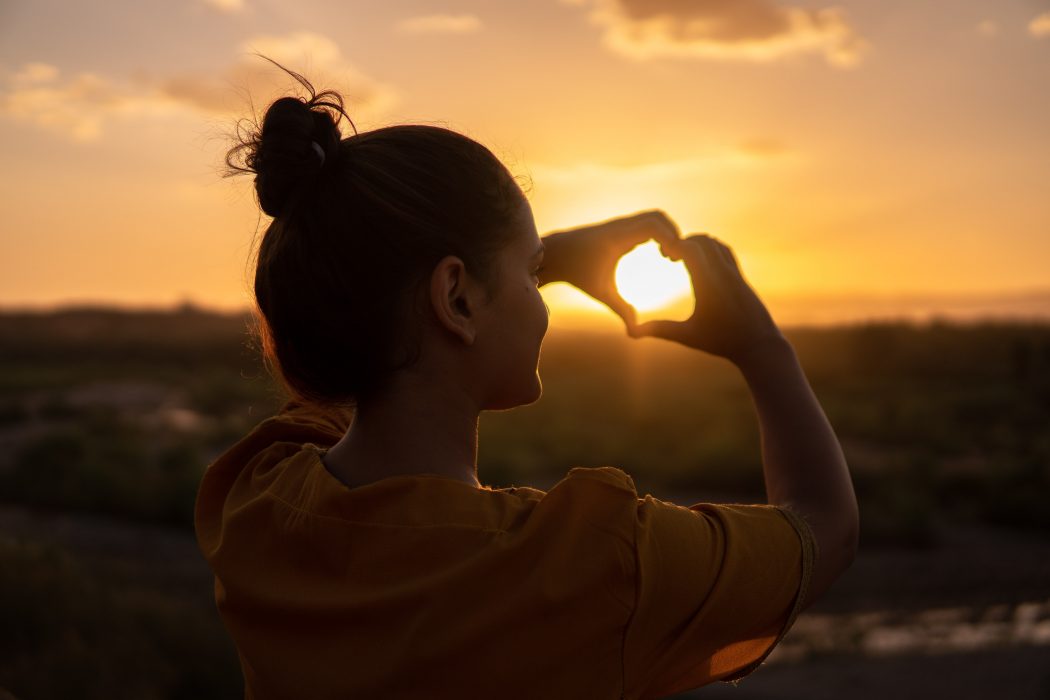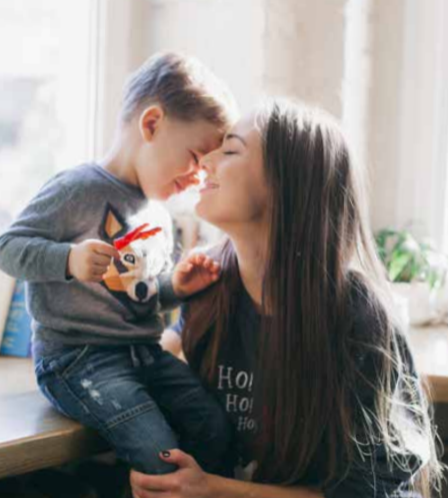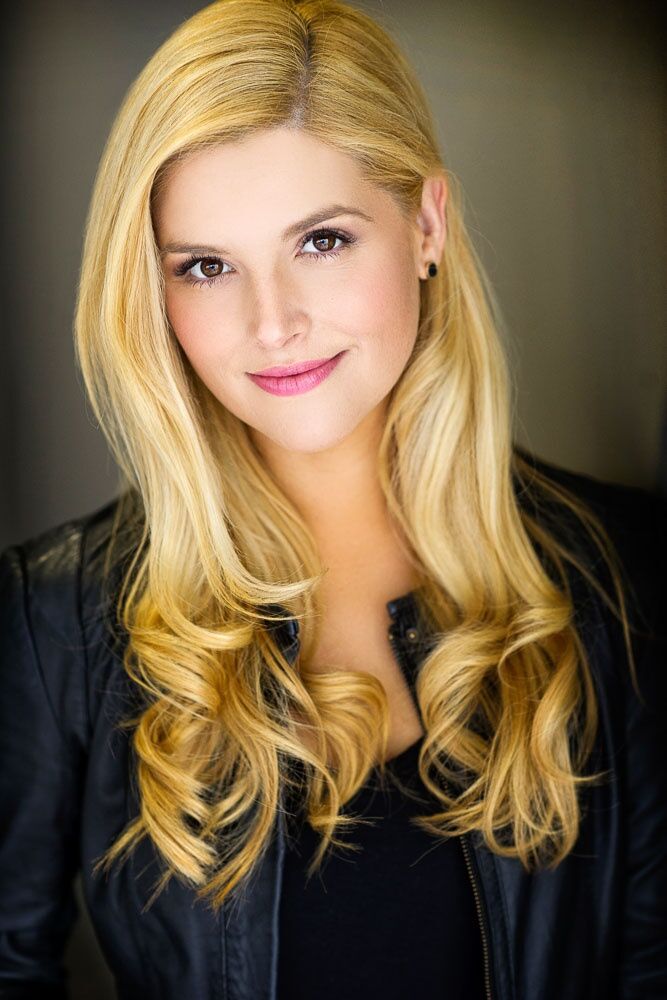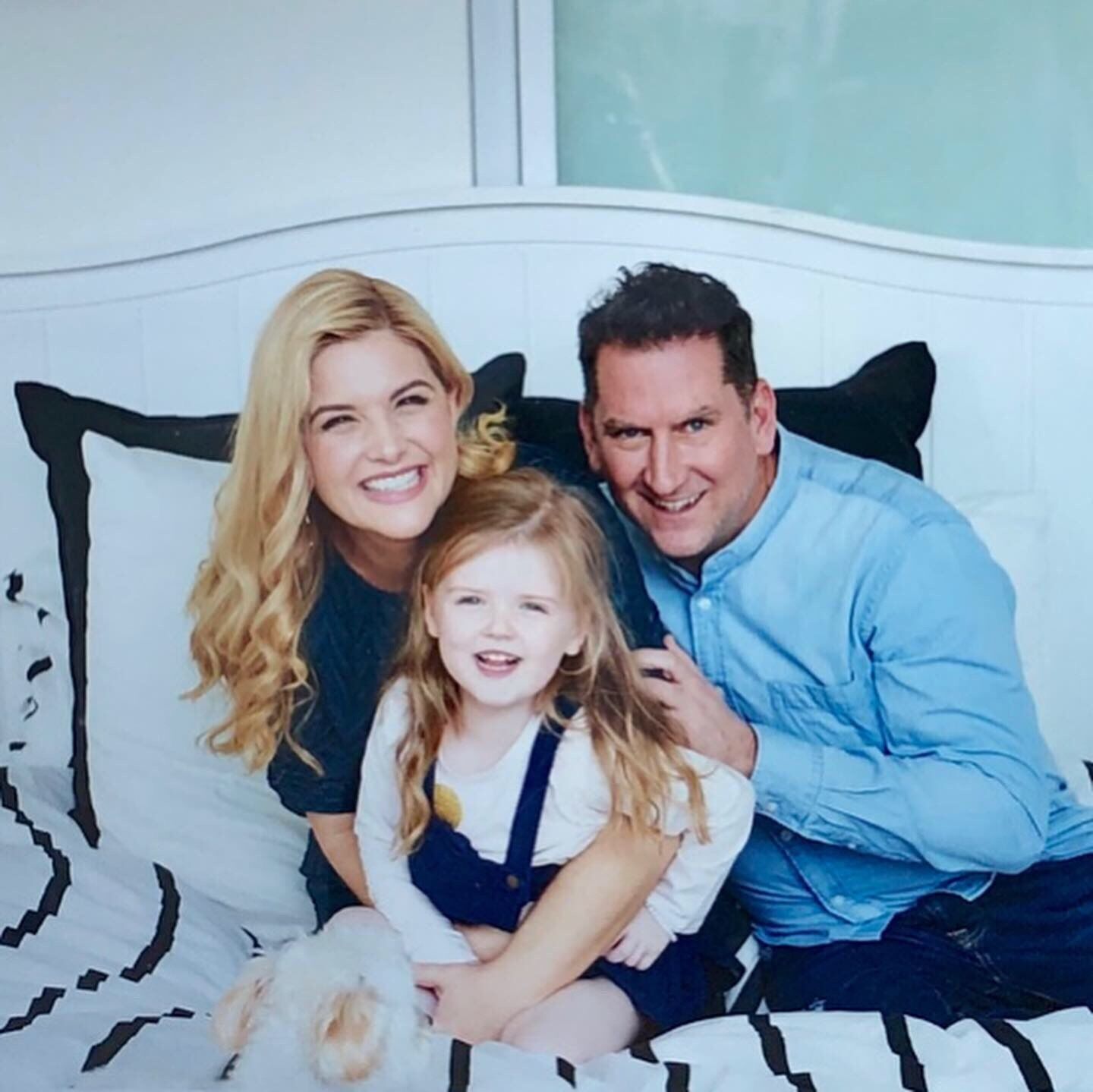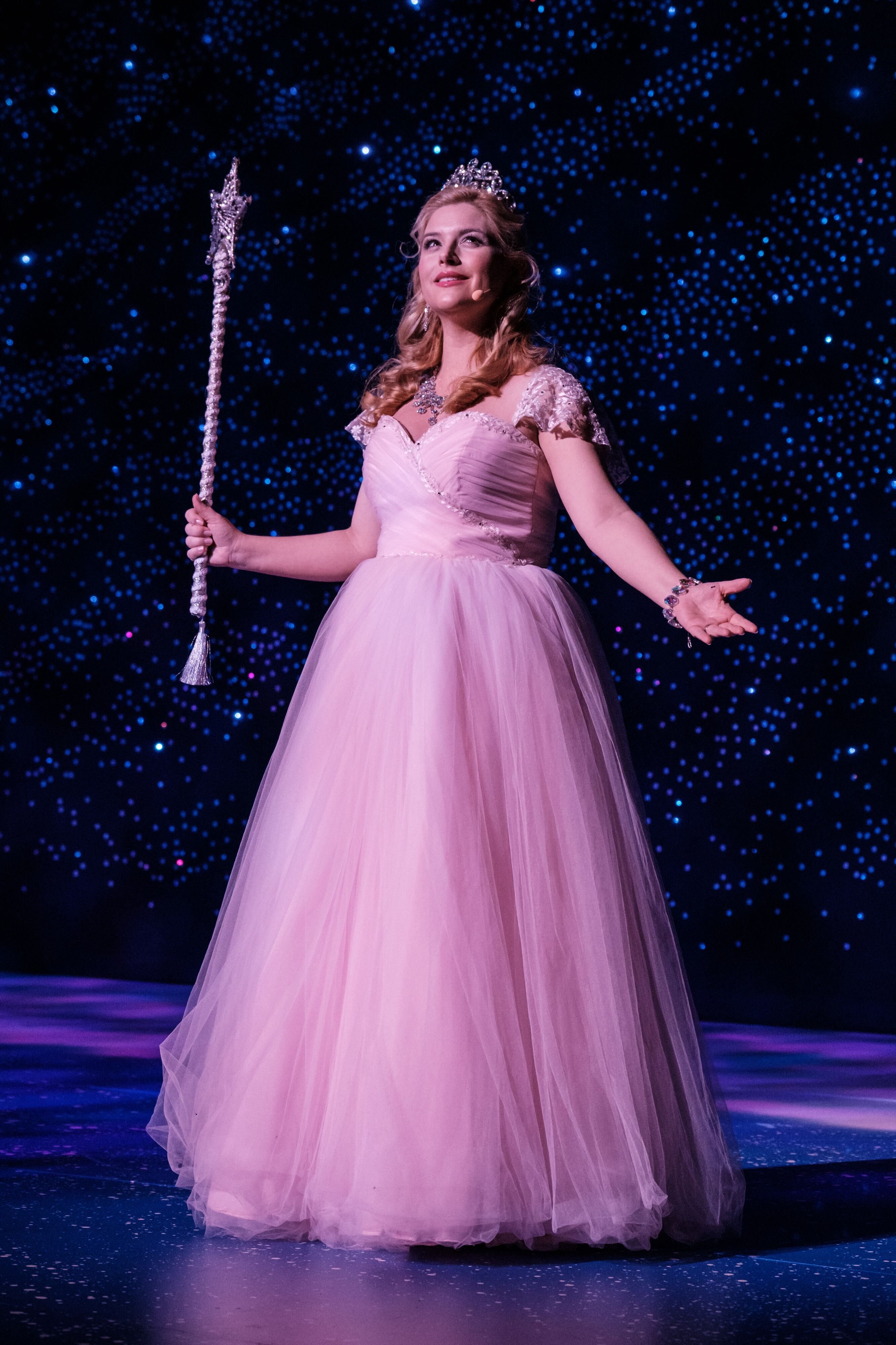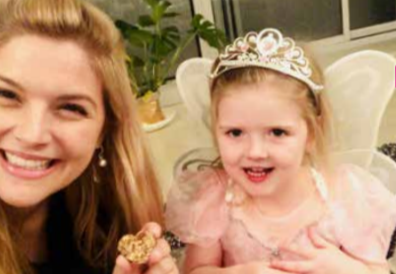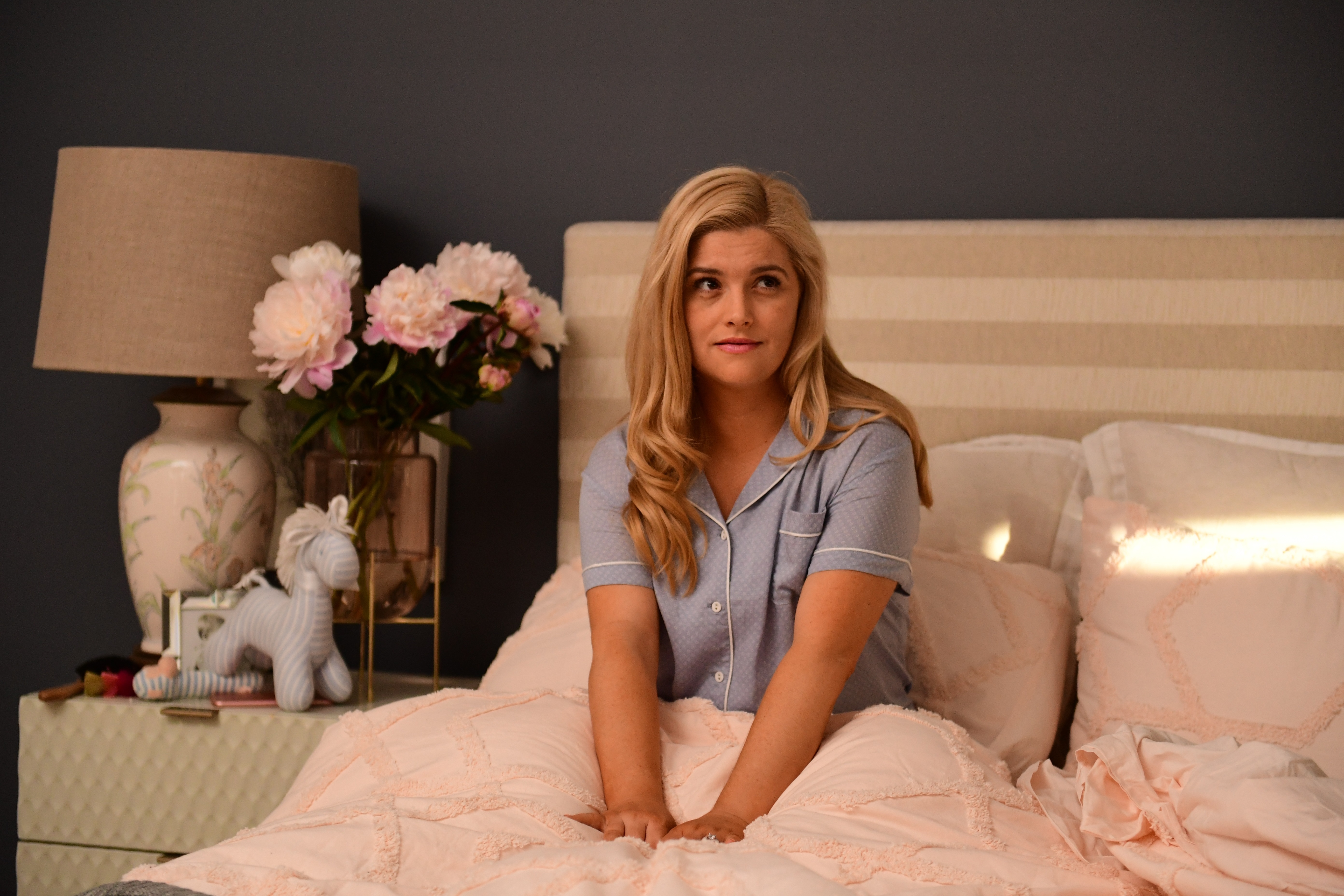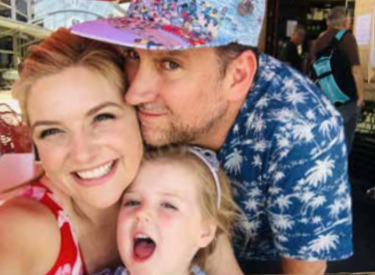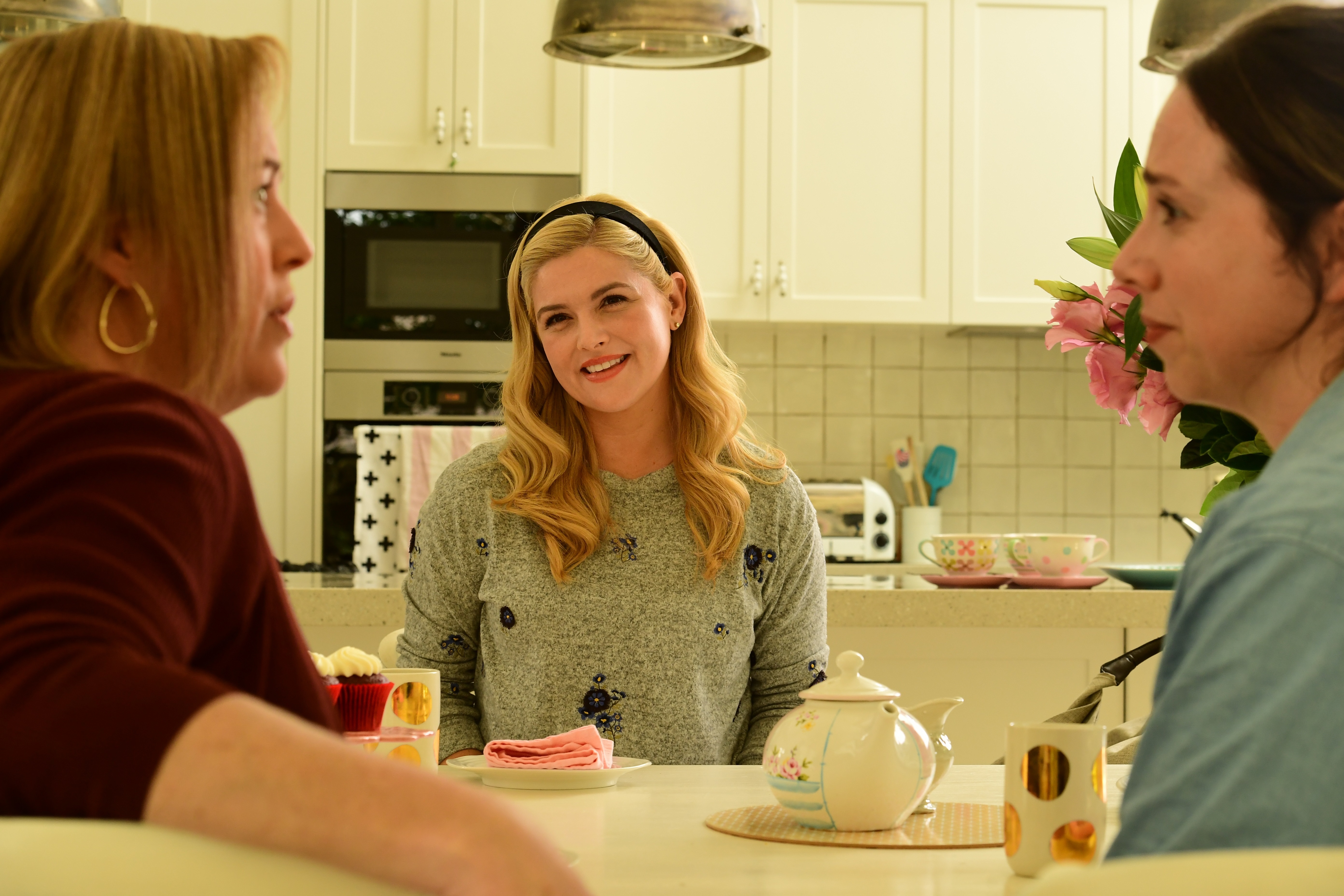More than four years on, and the conflict in Syria shows no signs of ending. Over 16 million Syrians need help urgently. Many are seeking shelter from the fighting and the cold in damaged buildings, while others have become refugees in neighbouring countries.
Arriving at LaGuardia Airport in New York in early 1998 my proudly tattered sweat-stained passport was disdainfully perused by a humourless immigration officer. A page documenting my visit to Syria the previous summer prompted a brief yet terse interrogation. Why had I gone to Syria? What was the purpose of my visit? I replied honestly, “….Just having a look around”. The Official looked at me as if I were deranged and challenged the unlikely response. “It’s a beautiful country, I had a lovely time.” I felt, by his blatant expression, showing equal parts of derision and surprise the decision had been made that he was faced with a harmless idiot and the matter was let to rest. I sailed through customs and onto my next adventure.
Travelling in Syria was a less perplexing notion, however, to the steady throng of 90’s Backpackers and other World Adventurers, whom like me, trailed through the Middle East from Greece, Turkey and down into Egypt and onward. To us, a Syrian sojourn seemed perfectly natural. I regularly bumped shoulders with plenty of other interlopers treading the same route, a large propensity being Australian and New Zealanders. Given that most of us had attended the Anzac Day ceremonies in Turkey, the path to Egypt felt, in many ways like a rite of passage.
Syria was an unexpected jewel in a trip that proved transformative for me. It served as a mysterious back-drop to the evolution of some significant friendships that took shape as an intimate travelling posse drew softly together. Relationships formed in which I grew, changed and became better.
I was a chrysalis, coated with the charm of grand colonial buildings, rooms with soaring ebony French Doors and crisp white sheets, elegantly serving as basic accommodation. Haunting morning calls to prayer befuddled our youthful habit of sleeping-in. Hot arid days were soothed with rich tangy lemon sorbet from roadside vendors, their fruits hanging like garlands from carts ready to whip up a fresh juice quicker than you could say Boost Juice. Creamy chickpea paste patted and plucked by nimble expert fingers from large vats, plied and fried into delicious falafel balls, blanketed in plump flat bread and tabouleh, we had our fill.
Sticky windows of baklava and endless malls of lingerie shops lined Damascus streets. Lacy satin garments sometimes glinted through the seams of black burqas as women leaned in to scoop up a fussy child or reach for market wares. Genteel hostel staff dispensed herbal remedies for upset tummies and gently guided our upcoming adventures. Musicians masqueraded as backgammon playing coffee scoffers before breaking open their circle to invite us into their erupting party. Courteous gentlemen escorted us through city parks practising English in earnest.
My heart wrenches for the Syrian people fleeing with their babies in their arms, bloodied and desperate, being refused entry at freshly barbed-wired border crossings.
The majestic golden ruins of Palmyra, accentuated by the colourful rich hues of Bedouin nomads and their decorated camels, emanated ancient stories and Persian poetry, whispering with the desert wind. Studs in denim lapped up their youth from rooftop rooms with a ceiling of stars and an oasis their carpet. Gum trees were everywhere, Aussie arbols content and flourishing, as were we in the intoxicating gracefulness that was Syria.
A Syria that is, heart –breakingly, no more.
My memories no doubt read something like an Oriental Romance but they embody the essence of my experience of Syria. I was a carefree 20 Something, blissfully ignorant and unaffected by any political situation or social fracture. Had I been less naïve, I might have paid attention to the fact that Syria was still ruled under Emergency Law, its citizens stripped of their democratic rights since 1963 when The Ba’athist Party had taken control of the country after a succession of shaky post war governance.
Perhaps I would have noticed some disharmony, taking into account that the key figures of the Ba’athist Party were of the Alawite minority and that seventy percent of the population were Sunni Muslims. Maybe the musicians in Damascus and I would have talked politics and they would have told me of the harsh censorship to their craft, but there was no such talk, instead they tried to teach me how to play a little tablah drum. I was not impeded by any political unrest and my safe and happy interactions with the Syrian people remain fond memories of a genteel folk, impeccably mannered in their sophisticated cities and hypnotic deserts.
The borders of modern day Syria had been fashioned together after the First World War and ruled under French Mandate until 1945. After Syria had joined the United Nations, a war-weakened France relented to Syrian Independence. A period of political instability followed until The Ba’athists gained a formidable foothold in a 1963 military coup. In 1970 Hafez al-Assad headed the government until his death in 2000, after which his son, current Syrian President Bashar al-Assad, assumed rule winning an election in which he ran unopposed. Optimistic hopes for reform on his appointment were dashed and by 2004 there were obvious stirrings of civil unrest.
During the Arab Spring of March 2011, The Free Syrian Army, a rebel force supposedly fighting for a free secular Syria, staged an uprising against the Assad government and civil war broke out. Most commentators agree that the current situation in Syria is complex and hard to decipher. The Free Syrian Army, reputedly backed by the Obama government has since collapsed and ISIS has filled the void in the conflict with a more brutal agenda. The United States have begun air strikes with Australian support over the country in a bid to subdue ISIS, which now control key strongholds throughout the country.
ISIS cannot be disassociated with the events of 2003, when The United States and their allies, including Australia, invaded Iraq under the dupe of Weapons of Mass Destruction and deposed Saddam Hussein; what followed is a well-known if confusing tale of hollow victory, chaos and decimation culminating in a frightening brand of terrorism. A teetering imbalance between the Sunni and Shiite Muslims and a rage against global invasion led to a combustion of conflict and its embers lit up the dry tense tinderbox of The Middle East. Syria has not been spared.
In 2001 I met an Iraqi journalist called Hani who had fled the Hussein regime. He was working as a trolley collector for Woolworths. In 2007 he travelled to Syria to visit family who had sought refuge there, like so many other Iraqis fleeing the war. I haven’t seen him since and I fear for his family and for him, in case he decided to stay. The images of Syrian cities razed and ancient ruins bombed and looted sadden me beyond words but it is the faces of the people carrying their children desperate for a safe place to go that I can’t erase from my mind.
My heart wrenches for the Syrian people fleeing with their babies in their arms, bloodied and desperate, being refused entry at freshly barbed-wired border crossings. Hungary has shut its borders and The Croatian Serbian border has also closed. Europe’s generosity has run out. Neighbouring countries, such as Lebanon are filled to the brim.
Saudi Arabia along with the United States and Russia seem agreeable to supplying weapons which sustain the devastation, yet are far less willing to give safe haven to the throngs of common people whose viability for peace has been wrested from them. These people have nowhere to go and I can’t reconcile to the concept that it has nothing to do with me. I’m a mother, a parent, a human being.
The image of the little boy who washed up drowned on the Turkish beach was a picture I never wanted to see, the familiar curve of his darling innocent little head dredged up the love I feel for my 18 month old when I watch him sleep. The anguish embedded in empathy I felt for his parents was confronting.
A refugee is someone fleeing life-threatening circumstances and yet so often they are treated with suspicion and fear. Rejected and turned away, the choices become more desperate, the risks become perils. The suffering closes in and hope becomes vague and they begin to change. The old give up and turn inward and the young get angry. Rejection, fear and greedy opposition is not what the decent people of Syria deserve. At this moment they deserve compassion, respite, healing and an understanding of the political undertakings which have brought innocent people to this desperate point. And they need somewhere to go.
To donate:
The Red Cross
On average, Red Cross Red Crescent is helping a staggering 3.5 million people in Syria every month in practical, life-saving ways:
- providing food parcels and baking bread
- supplying hygiene kits with toothpaste, toilet paper, soap and other essentials
- providing blankets to keep out the cold
- providing clean water and restoring sanitation systems
- providing first aid and medical care, including vaccinations for children
To donate to the Australian Red Cross Syria Crisis Appeal go to www.redcross.org.au/syriacrisis
UNICEF
You can support UNICEF’s work for Syria’s children:
- Donate directly at www.unicef.org.au
- Buy a UNICEF Inspired Gift at www.unicef.org.au/gift The gifts most needed are those that prevent the spread of disease. Choose from categories like ‘disease prevention’ or ‘clean water and sanitation’.
- Challenge themselves and bring people together to raise money. We’ve had extraordinary physical challenges, trekking and even simple bake sales and workplace morning teas to raise money for children. Visit www.unicef.org.au/donate/fundraising to learn more. For example, one team is doing a clean out of their wardrobes and organising a wardrobe sale to support UNICEF’s work for children in Syria and the surrounding countries taking refugees.
Oxfam
To support Oxfam’s humanitarian response the public can donate to Oxfam Australia’s Syria Crisis Appeal by calling 1800 034 034 or visiting www.oxfam.org.au
Oxfam program information
Oxfam has reached more than 250,000 vulnerable people in Lebanon. Their response has included:
- Providing 3,200 hygiene kits (accompanied by hygiene promotion and awareness sessions), toilet cleaning kits, and 840 environmental cleaning kits, and distributing household, communal and municipal waste bins.
- Building and repairing over 1,100 toilets, ensuring that each is shared by no more than 20 people.
- Installing over 720 water tanks in communal areas.
- Delivering 10 million litres of water through water trucking, providing refugees with clean water for drinking, cooking and washing.
- Constructing or repairing 70 shared bathing facilities, and providing families with jerry cans and water storage containers.



